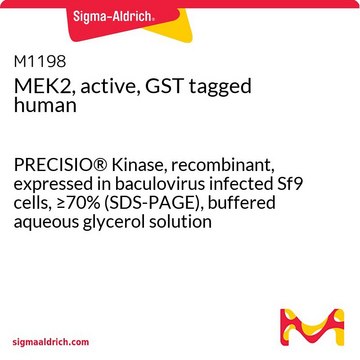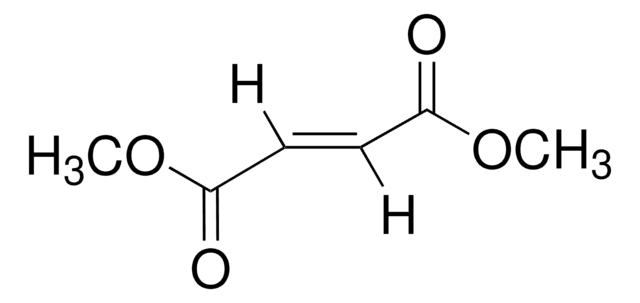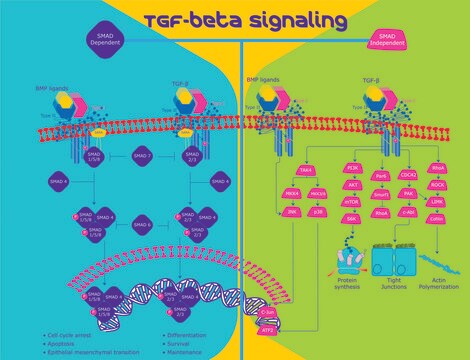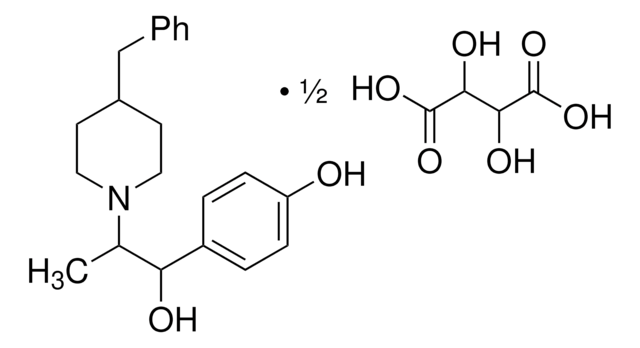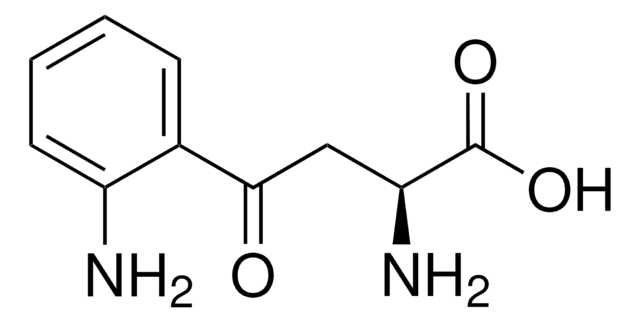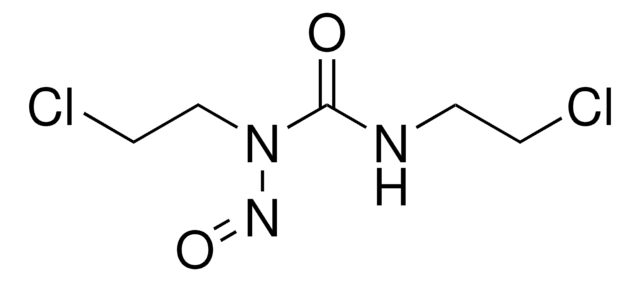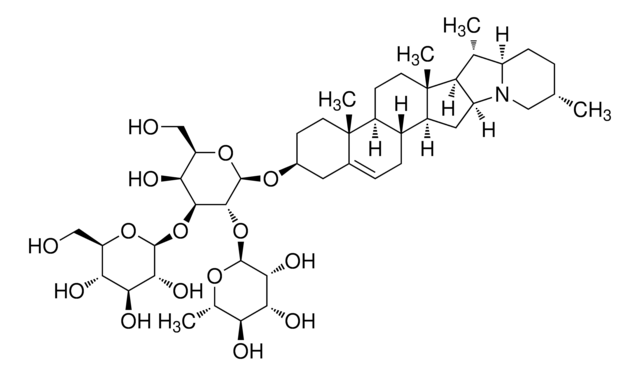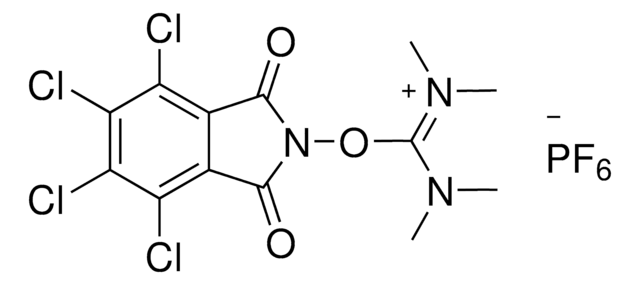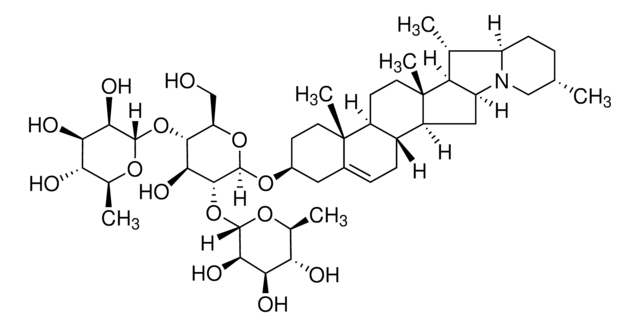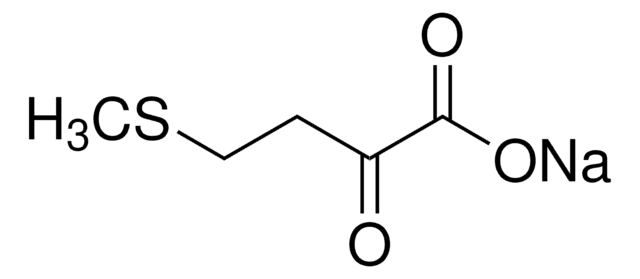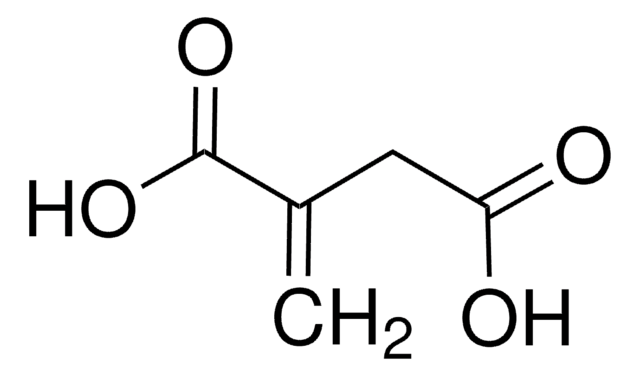N5636
3-Nitropropionic acid
≥97% (HPLC), powder or crystals, mitochondrial complex II inhibitor
About This Item
Produits recommandés
Nom du produit
3-Nitropropionic acid, ≥97%
Source biologique
synthetic
Essai
≥97%
Forme
powder or crystals
Couleur
white to light yellow
Pf
68-70 °C (lit.)
Solubilité
alcohol: may be light yellow 100 mg/mL
Température de stockage
2-8°C
Chaîne SMILES
OC(CC[N+]([O-])=O)=O
InChI
1S/C3H5NO4/c5-3(6)1-2-4(7)8/h1-2H2,(H,5,6)
Clé InChI
WBLZUCOIBUDNBV-UHFFFAOYSA-N
Vous recherchez des produits similaires ? Visite Guide de comparaison des produits
Catégories apparentées
Application
- to generate multiple system atropy-parkinsoniam (MSA-P) model in rat to evaluate its effect on embryonic striatal and mesencephalic grafts
- to inject into the nigrostriatal dopaminergic pathway in rats in order to examine its specific effects on the dopamine system
- as succinate dehydrogenase (SDH) inhibitor for LUHMES neurons and cell lines
Actions biochimiques/physiologiques
Mention d'avertissement
Danger
Mentions de danger
Conseils de prudence
Classification des risques
Acute Tox. 3 Oral
Code de la classe de stockage
6.1C - Combustible acute toxic Cat.3 / toxic compounds or compounds which causing chronic effects
Classe de danger pour l'eau (WGK)
WGK 3
Point d'éclair (°F)
Not applicable
Point d'éclair (°C)
Not applicable
Équipement de protection individuelle
Eyeshields, Faceshields, Gloves, type P2 (EN 143) respirator cartridges
Faites votre choix parmi les versions les plus récentes :
Déjà en possession de ce produit ?
Retrouvez la documentation relative aux produits que vous avez récemment achetés dans la Bibliothèque de documents.
Les clients ont également consulté
Notre équipe de scientifiques dispose d'une expérience dans tous les secteurs de la recherche, notamment en sciences de la vie, science des matériaux, synthèse chimique, chromatographie, analyse et dans de nombreux autres domaines..
Contacter notre Service technique
